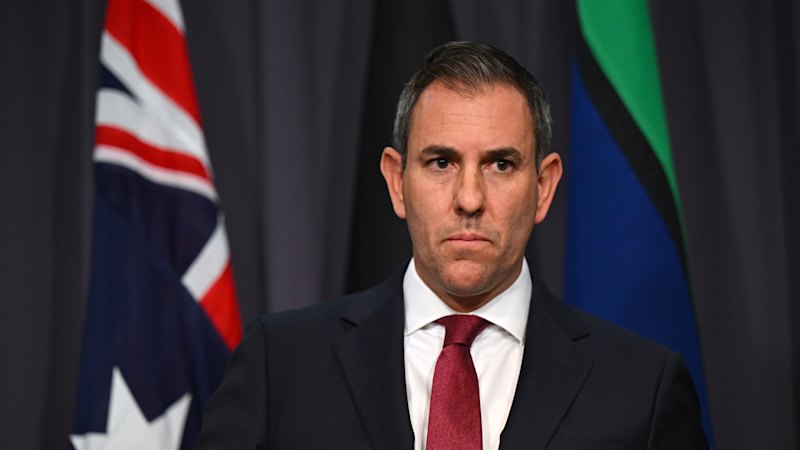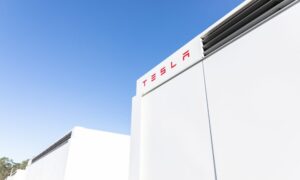
Australian officials are grappling with the implications of a potential 200 percent tariff proposed by US President Donald Trump on pharmaceutical imports. This move threatens to impact over $2 billion worth of Australian goods annually, marking a significant escalation in the ongoing global trade tensions. Despite the looming threat, Australian Treasurer Jim Chalmers has firmly ruled out any modifications to the nation’s Pharmaceutical Benefits Scheme (PBS), which plays a vital role in subsidizing medicines and securing discounts through bulk purchasing.
During a cabinet meeting, Trump announced plans to impose a 50 percent duty on US copper imports and indicated that pharmaceutical manufacturers might receive at least a year before facing the proposed tariff. “They’re going to be tariffed at a very, very high rate, like 200 percent,” Trump stated, emphasizing the urgency for the industry to adjust.
The pharmaceutical sector represents the third-largest category of Australia’s exports to the United States, valued at approximately $1.3 billion annually. This category includes significant plasma exports from CSL, a major biotechnology company with extensive operations in the US. Chalmers highlighted the disparity in exposure between Australia’s copper and pharmaceutical exports, noting that while copper exports are minimal, pharmaceuticals are crucial to the economy.
“Our pharmaceuticals industry is much more exposed to the US market, and that’s why we’re seeking, urgently seeking, some more detail on what’s been announced,” Chalmers told ABC Radio National Breakfast. He reiterated that the PBS is not negotiable: “I want to make it really clear once again… our Pharmaceutical Benefits Scheme is not something that we’re willing to trade away or do deals on.”
The PBS, which cost Australian taxpayers $17.7 billion in the last financial year, has been a focal point of contention. It enables Australians to access essential medicines at significantly reduced prices, with some prescriptions costing as little as $31.60. This scheme has come under fire from American pharmaceutical companies, including Pfizer, which have labeled it “egregious and discriminatory,” arguing that it undermines market competitiveness.
Trump’s recent comments have led to fluctuations in the stock market, with shares of major pharmaceutical manufacturers such as Eli Lilly, Merck, and Pfizer experiencing declines. The president has initiated investigations under Section 232 of the Trade Expansion Act of 1962 concerning imports that he claims threaten national security, including pharmaceuticals. Following these investigations, Trump is expected to advance with the proposed tariffs.
The discussions surrounding tariffs have broader implications for industries reliant on copper, particularly as demand for the metal is projected to surge in the coming decade due to the growth of electric vehicles and renewable energy sectors. The potential 50 percent tariff on copper, which affects companies like Rio Tinto and BHP, could disrupt a market historically characterized by strong domestic production and imports from allies.
As the situation develops, Australian officials continue to seek clarity on the implications of Trump’s tariff threats, aiming to protect the interests of their pharmaceutical industry while navigating a complex global trade landscape.






